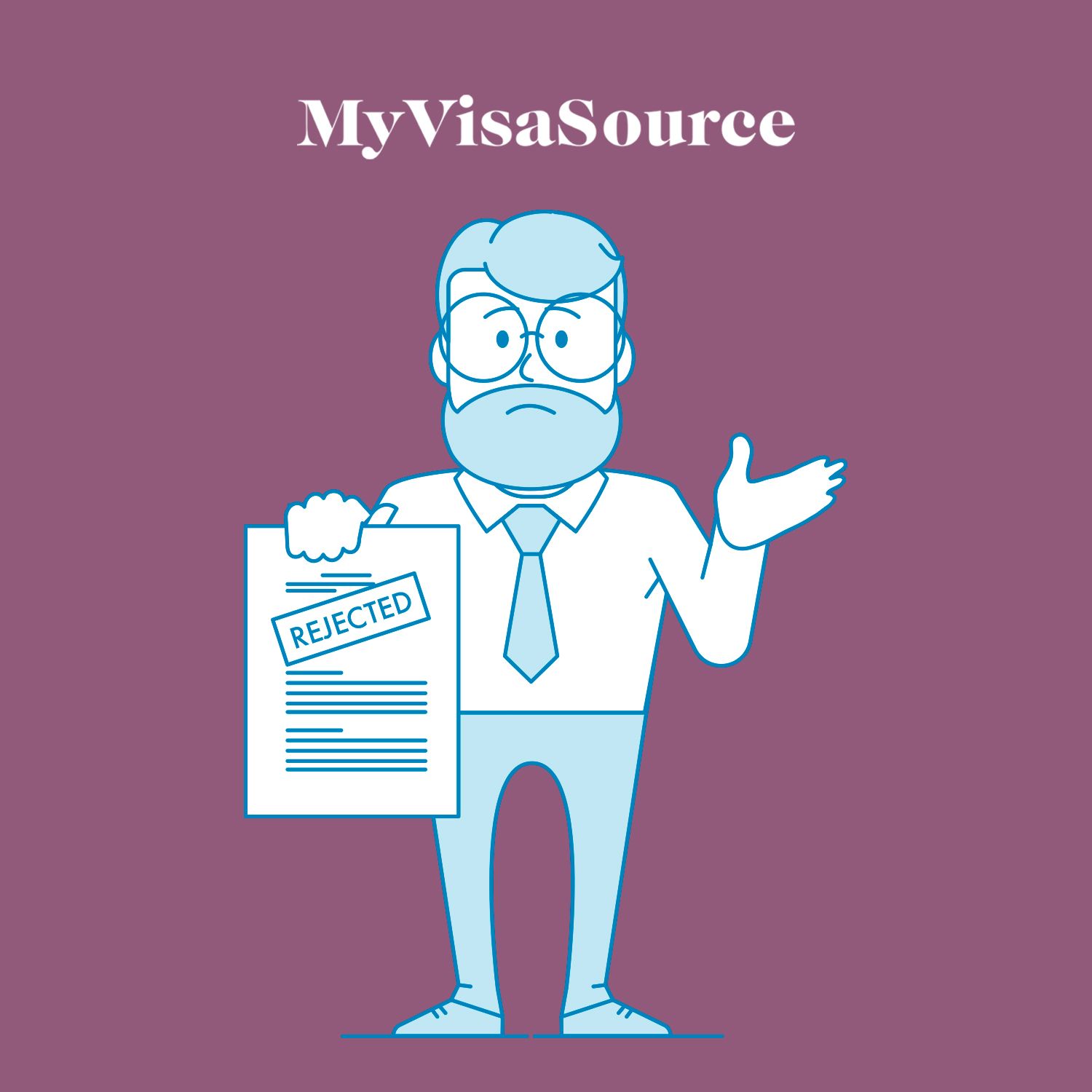According to the data revealed by the Migrants Rights Network on July 13, 2021, the rejection rate of permanent residency applications based on Humanitarian and Compassionate Grounds has doubled since 2019. The data was accessed through an Access to Information Request filed by the New Democratic Party (NDP). The NDP MP, Jenny Kwan said in a statement that the government must explain the reason for such an increase in denials and take immediate action to rectify it.
Why Is the Double Rejection Rate a Cause for Worry?
The increase in rejection rates for permanent residency applications based on Humanitarian and Compassionate Grounds causes a direct increase in the exploitation of migrant workers without status. An increase in rejection rates without any prior policy change condemns the migrant workers who are already in the country and diminishes their chances of gaining rights in Canada.
Out-of-status immigrants could be forced into illegal employment and are often denied protection offered by the Canadian labor standards. They are also ineligible to access public health services and other governmental benefits.



















